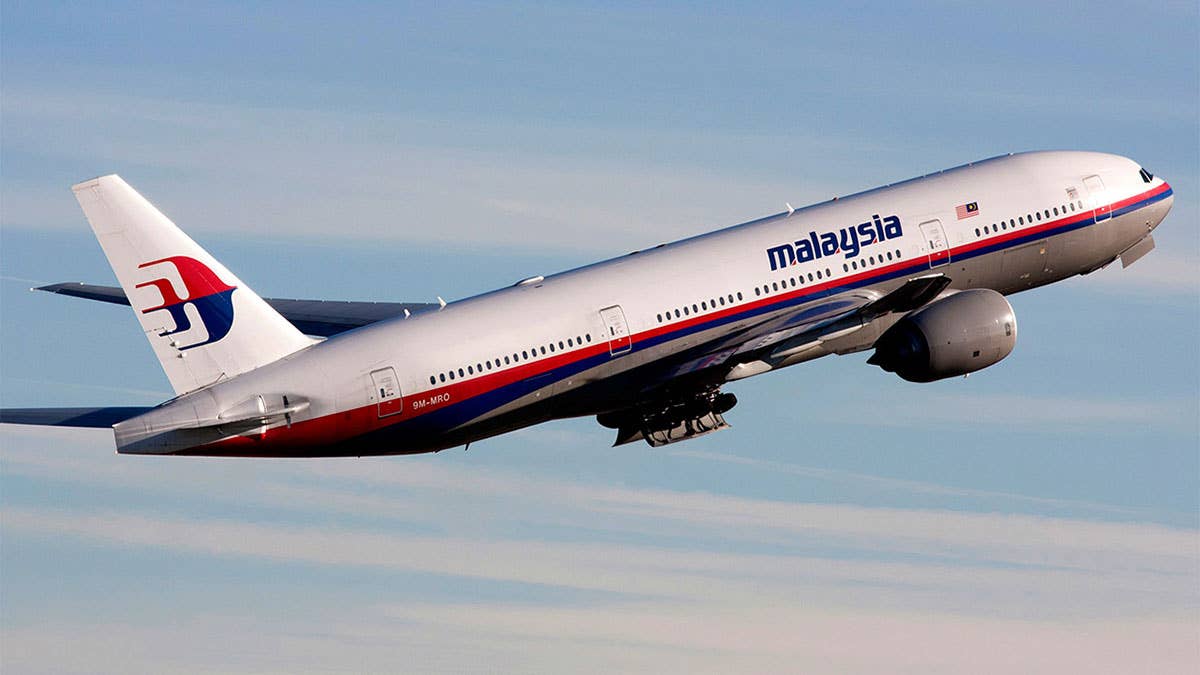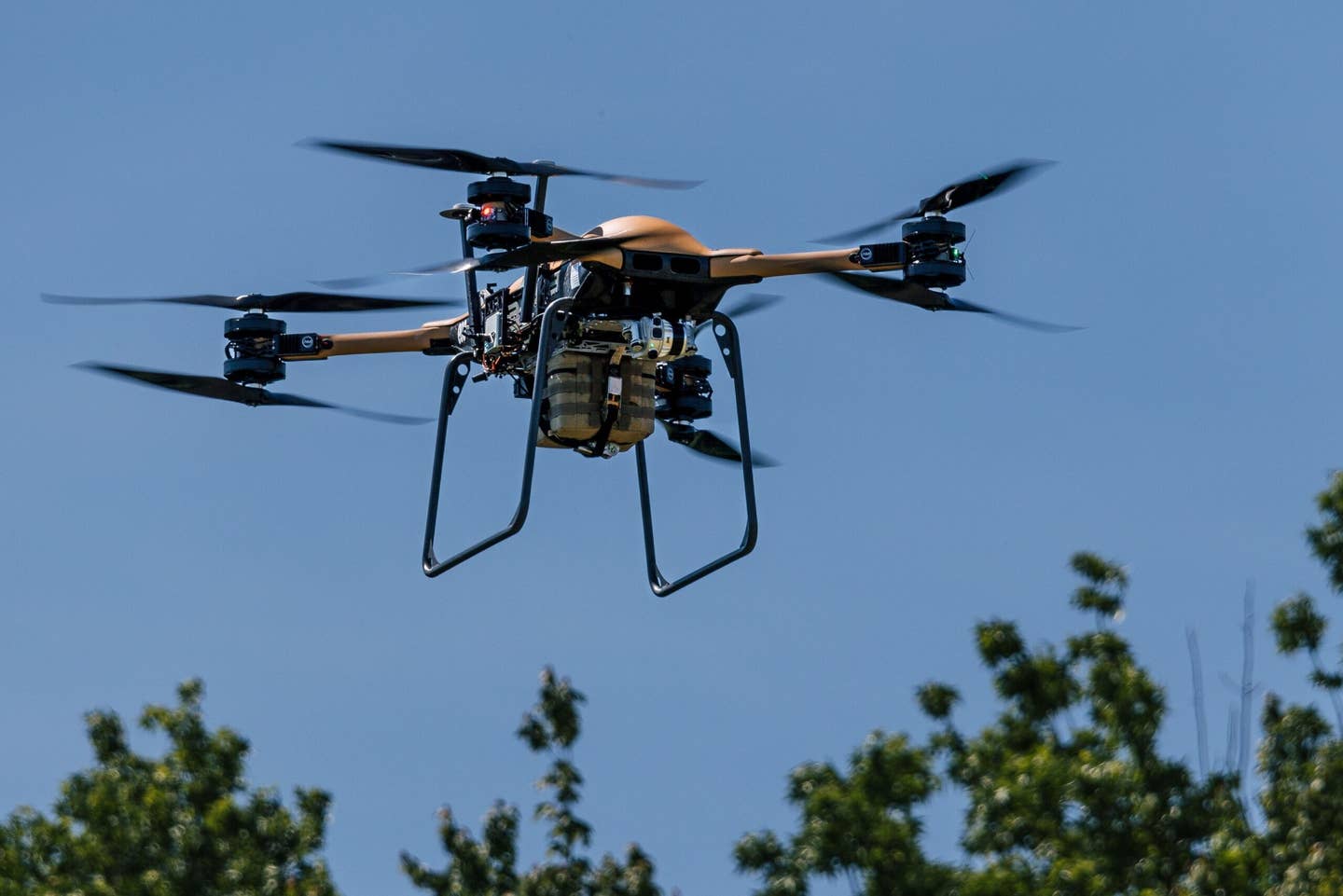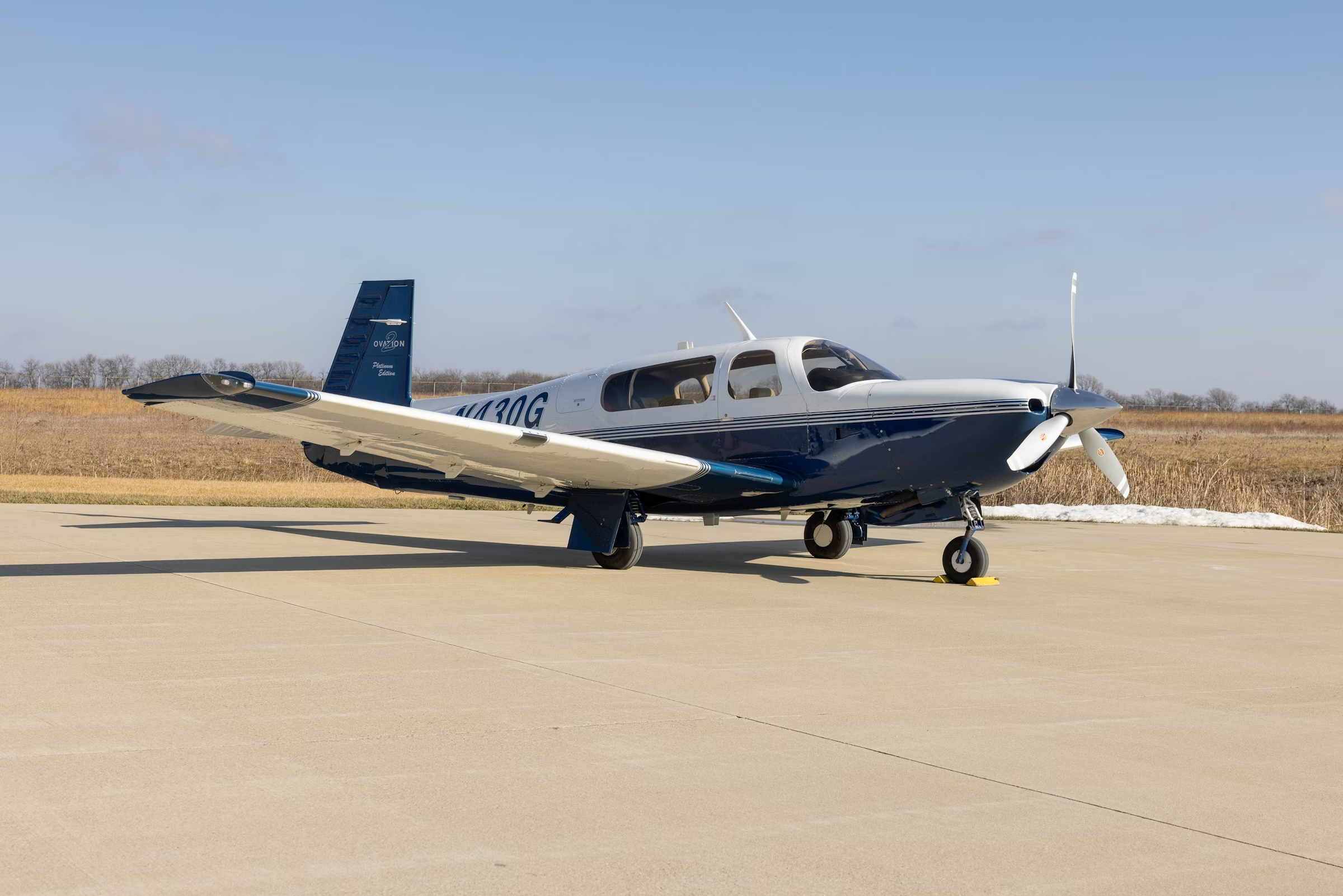
A 495-page report provided no definitive answers regarding the disappearance of Malaysia Airlines Flight 370. Malaysia Airlines
More than four years after the mysterious disappearance of Malaysia Airlines Flight 370, the Malaysian ICAO Annex 13 Safety Investigation Team for MH370 has released a 495-page report of its findings. At an August 30 press conference at the Ministry of Transport headquarters in Putrajaya, Malaysia, the team explained that despite years involved in the search and recovery effort, with the help of several other countries, the investigation uncovered no definitive answers about the fate of the Boeing 777 and the 239 people on board.
Other than some small pieces of debris that washed up on the coast of Africa, there was no wreckage to examine. But the investigation found no indication there was anything wrong with the aircraft itself. The 777 was in airworthy condition prior to departure and the weight and balance data was within safe limits.
During the press conference, Kok Soo Chon, the head of the safety investigation team, said the aircraft's deviation from its planned flight path was done manually and the transponder was switched off. Kok said these findings “irresistibly point” to “unlawful interference,” indicating a possible hijacking. However, the investigation could not conclude whether one of the pilots or someone else was controlling the airplane when it veered off course.
The investigation included an extremely detailed examination of the history of Captain Zaharie Ahmad Shah and first officer Fariq Abdul Hamid to see whether there was any possibility that the pilot or pilots might have been at fault, as in the Germanwings Flight 9525 accident in 2015, in which a suicidal copilot pilot likely crashed the airplane on purpose.
In addition to financial status and health, the investigation included such details as their gait as the Malaysian pilots walked to work and the tone of voice on the radio on the day of the disappearance. Nothing unusual was found in the investigation of the pilots and there was no evidence of anxiety or stress detected in their conversations with ATC.
The report did, however, criticize the air traffic controllers for their failure to follow standard operating procedures and initiate standard emergency protocols when the 777 pilots discontinued communications. As a result of the ATC findings, Malaysia’s civil aviation authority chairman, Azharuddin Abdul Rahman, resigned a day after the report was released. Azharuddin will leave his post in two weeks.

Sign-up for newsletters & special offers!
Get the latest FLYING stories & special offers delivered directly to your inbox






